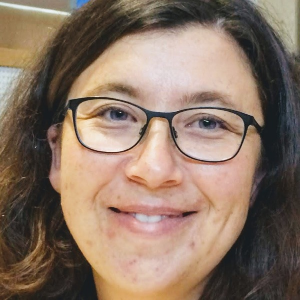Animal Biotechnology
Animal biotechnology is a branch of biotechnology in which molecular biology techniques are utilized to genetically modify (i.e., alter the genome of) animals for agricultural, industrial, or pharmaceutical applications. Animal biotechnology has been utilized to create genetically engineered animals that can synthesis therapeutic proteins, develop faster, and are disease resistant. Recent advances in animal biotechnology have been aided by recent advances in animal genome sequencing, gene expression profiling, and metabolic profiling of animal cells. More recently, genome editing technologies (TALENS, Zinc Finger Nucleases, and CRISPR- Cas systems) have opened up new possibilities for creating genetic variations in animals that can improve their health, agricultural production, and disease resistance. All animals are included in animal biotechnology, including livestock, poultry, fish, insects, companion animals, and laboratory animals. An animal biotechnologist researches the effects of nutrients in feed and/or animal reproductive systems in order to create techniques for better animal health and production efficiency. In addition, animal biotechnologists will provide technical information to veterinarians and other animal health professionals, as well as keep track of procedures and farm visits. Animals are becoming increasingly involved in the advancement of biotechnology, as well as benefiting from it. When animals and biotechnology are combined, improvements are made in four areas: human health, animal health and welfare, animal product enhancements, and environmental and conservation benefits.
- Animal Biotechnology to Advance Human Health
- Animal Cloning
- Animal Genomics
- Biotechnology to Improve Animal Health
- Conservation of Environment and Animals
- Develop More Nutritious Food and Fodder
- Genetic Engineering of Animals
- Livestock Biotechnology
- Transgenic Animals

Marco Polettini
DVM, Italy
Andreia Freitas
INIAV/REQUIMTE, Portugal
Andreia Freitas
INIAV/REQUIMTE, Portugal
Kedibone Gloria Kgosana
Sefako Makgatho Health Sciences University, South Africa
Nnenna Ugwu
Anglia Ruskin University, United Kingdom
Rubens Dias de Melo Junior
Universidade Federal de Goiás, BrazilSubmit your abstract Today
Important Alert:
X


Title : Analyzing veterinary medicine residues in food: A comprehensive guide
Andreia Freitas, INIAV/REQUIMTE, Portugal
Title : Quantifying changes in facial expression following hot-iron disbudding under procaine hydrochloride and meloxicam treatment in Holstein dairy calves
Nnenna Ugwu, Anglia Ruskin University, United Kingdom
Title : Trypanosoma vivax in and outside cattle blood: Parasitological, molecular, and serological detection, reservoir tissues, histopathological lesions, and vertical transmission evaluation
Rubens Dias de Melo Junior, Universidade Federal de Goiás, Brazil
Title : Characterization of porcine rotaviruses in the Czech Republic
Romana Moutelikova, Veterinary Research Institute, Czech Republic
Title : Determination of Circulating Foot-and-Mouth Disease Virus Serotypes in Kenya (2023)
Hellen Mutua, Foot and Mouth Disease National Reference Laboratories, Kenya
Title : Welfare for Amazonian wild animals
Eliane Cardoso Carvalho Moraes, Jungle Warfare Training Center/ Army, Brazil